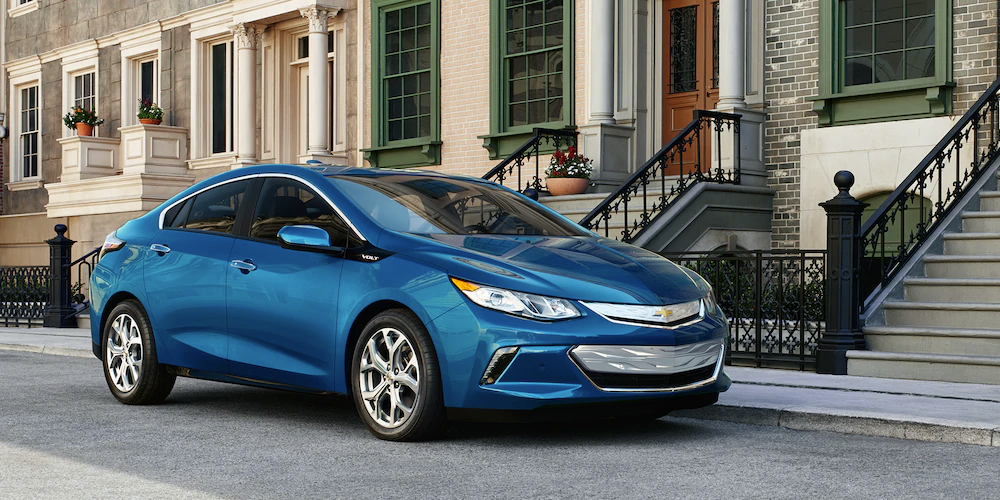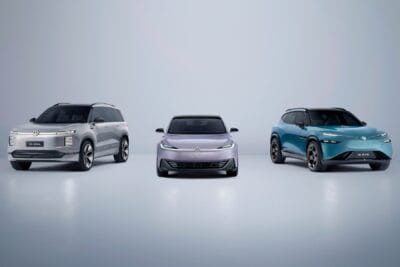GM takes hard steps towards electrification in USA
General Motors has announced a comprehensive restructuring plan to save six billion dollars annually by the end of 2020. This will free up funds to invest in the development and production of electric cars and autonomous vehicles, but also means closing down large U.S. factories.
The largest car manufacturer in the U.S said that financing for these areas will be doubled in the next two years, stating that “GM now intends to prioritize future vehicle investments in its next-generation battery-electric architectures.” The restructuring has a massive impact on employees: GM plans to cut 15 per cent of jobs in North America and potentially close five plants.
GM Chairman and CEO Mary Barra justified the planned restructuring saying, “The actions we are taking today continue our transformation to be highly agile, resilient and profitable, while giving us the flexibility to invest in the future.” General Motors is aware that it has to adapt to changing market conditions and customer preferences in order to be successful in the long term. The move prove unpopular with U.S. President Donald Trump, who reacted furiously to the announcement. In an interview with the Wall Street Journal, he called on Barra to stop manufacturing in China, insisting that GM should produce its vehicles in the USA.
The annual savings of 6 billion dollars are to be achieved by reducing costs by 4.5 billion dollars per annum and cutting investments by 1.5 billion dollars. The plants threatened with closure are two in Detroit, one in Ohio, one in Baltimore and one in the Canadian state of Ontario. Collective bargaining with the unions will take place in 2019, where production will cease and other models will be built. General Motors will also cease the operations of two additional plants outside North America by the end of 2019, in addition to the previously announced closure of the assembly plant in Gunsan, Korea. It is unlikely that GM will attempt to convert less used plants into purely electric car factories, as is planned by Volkswagen.
The U.S. manufacturer is making clear that, like Ford, it wants to move away from the sedans that are no longer in such demand. The company will instead increase its focus on trucks, crossovers and SUVs. A number of models will also be discontinued, including the crossover Chevrolet Volt. Apparently the Chevy Volt is also being hit: according to information from electrek, production of the hybrid will be discontinued from March 2019.
In late 2017, General Motors announced its intention to market a total of 20 electric vehicles by 2023, including five crossovers, three minivans and seven SUVs. The majority of these models will be based on a new platform planned for 2021. Just last spring, the company announced investments in two plants, in Michigan and Brownstown, where the development of autonomous electric cars is being driven forward. In addition, the U.S. automaker recently surprised with a push for U.S.-wide legislation to achieve an electric car share of 25 per cent of new cars in the United States by 2030.
mediagm.com, elektrek.co (Volt), usatoday.com, autonews.com





0 Comments